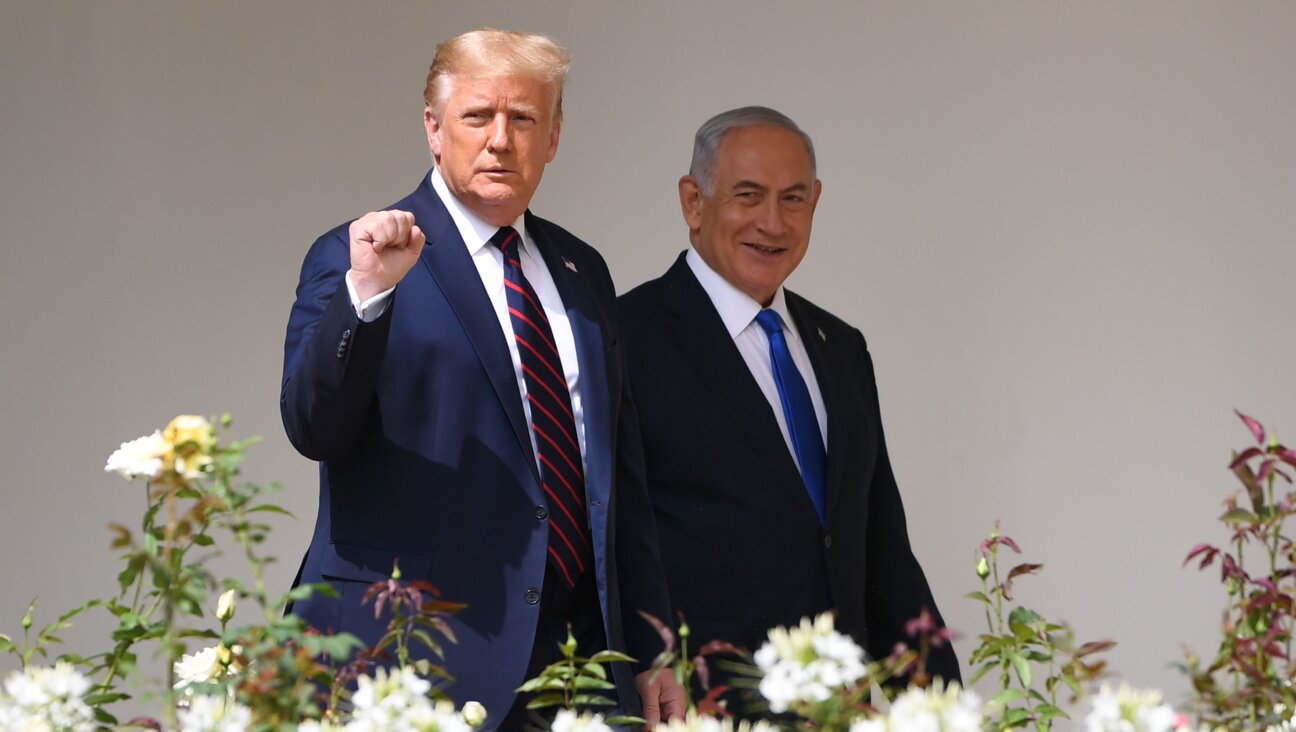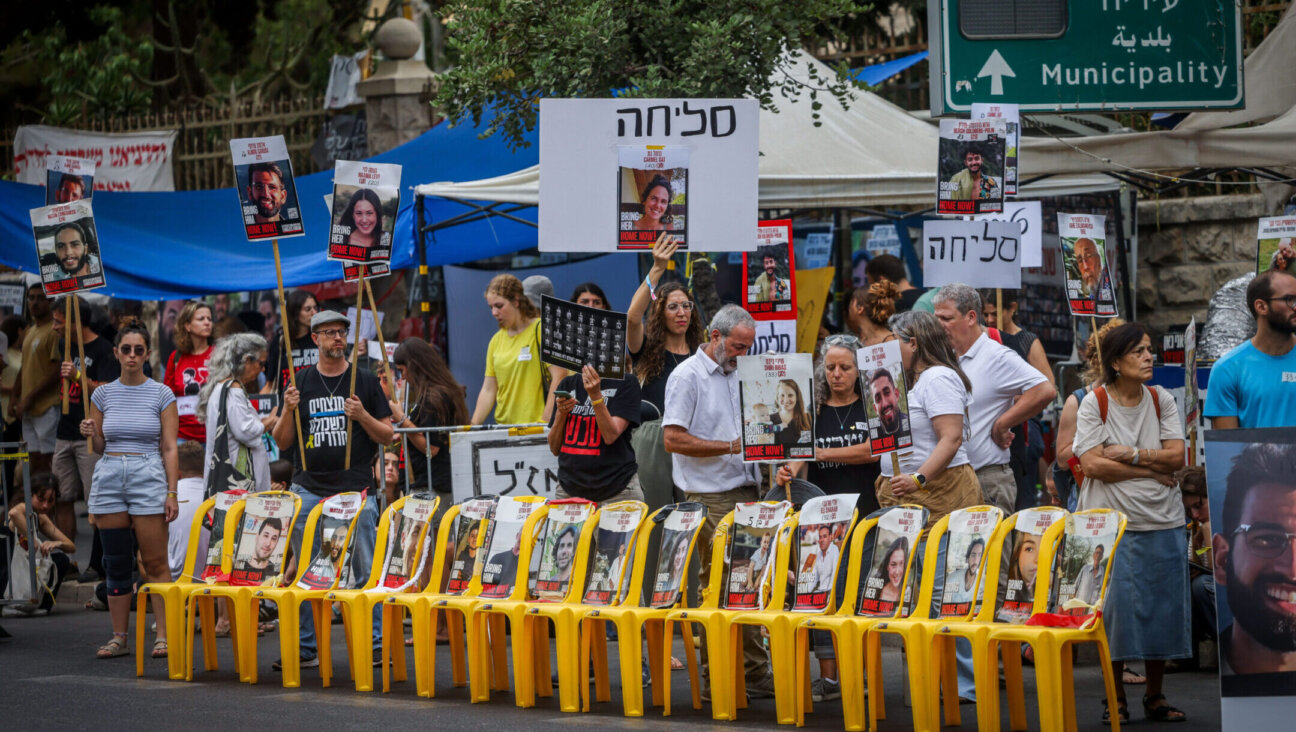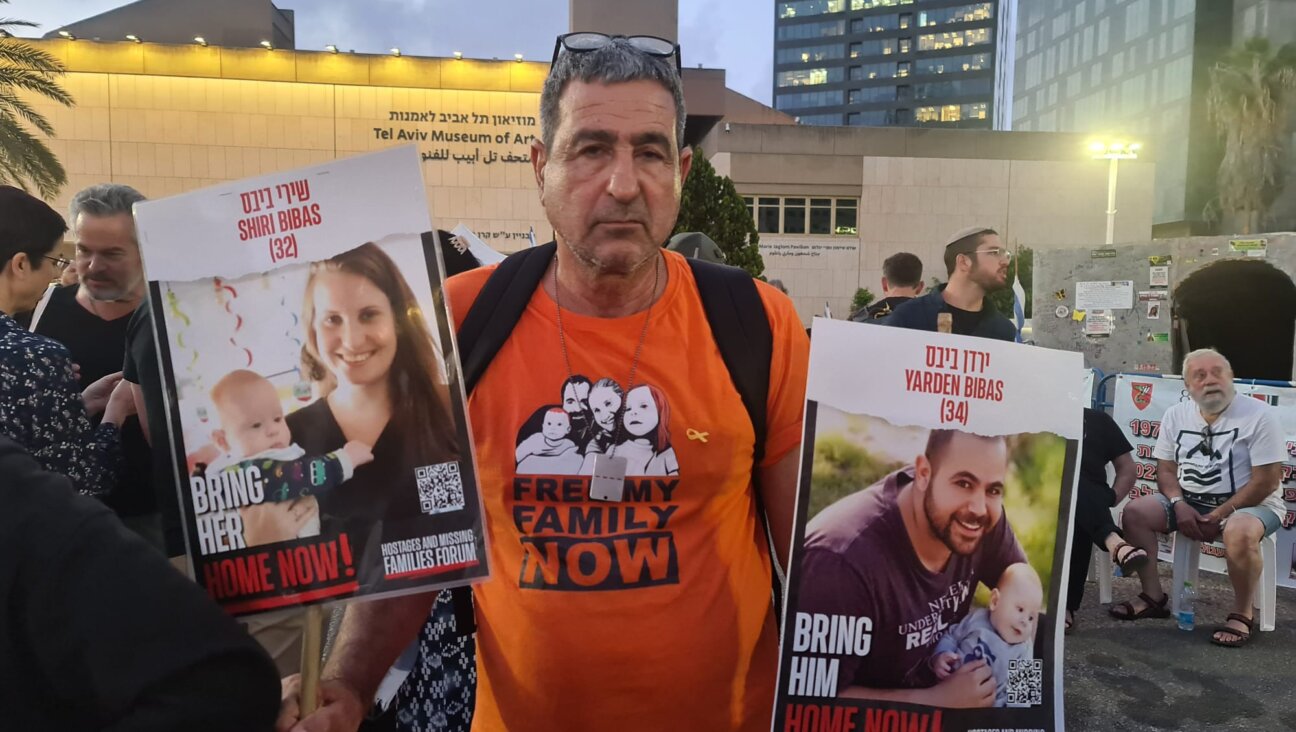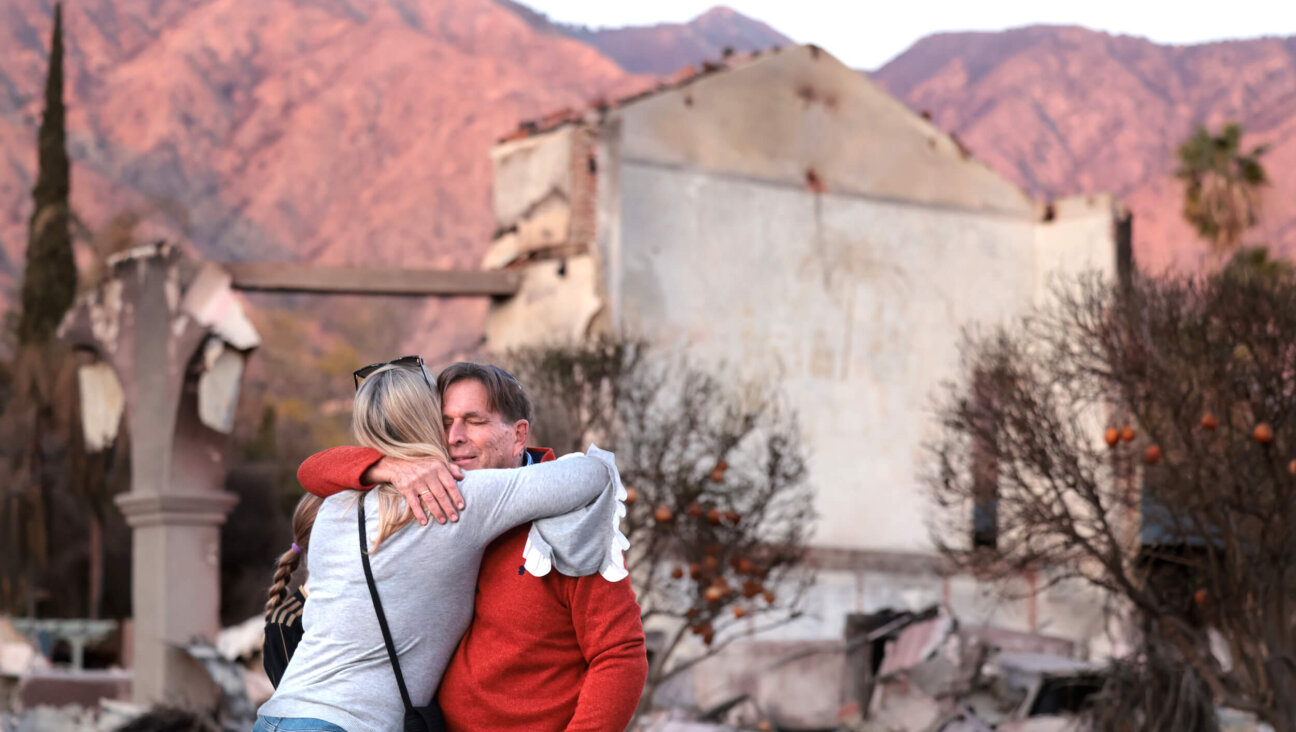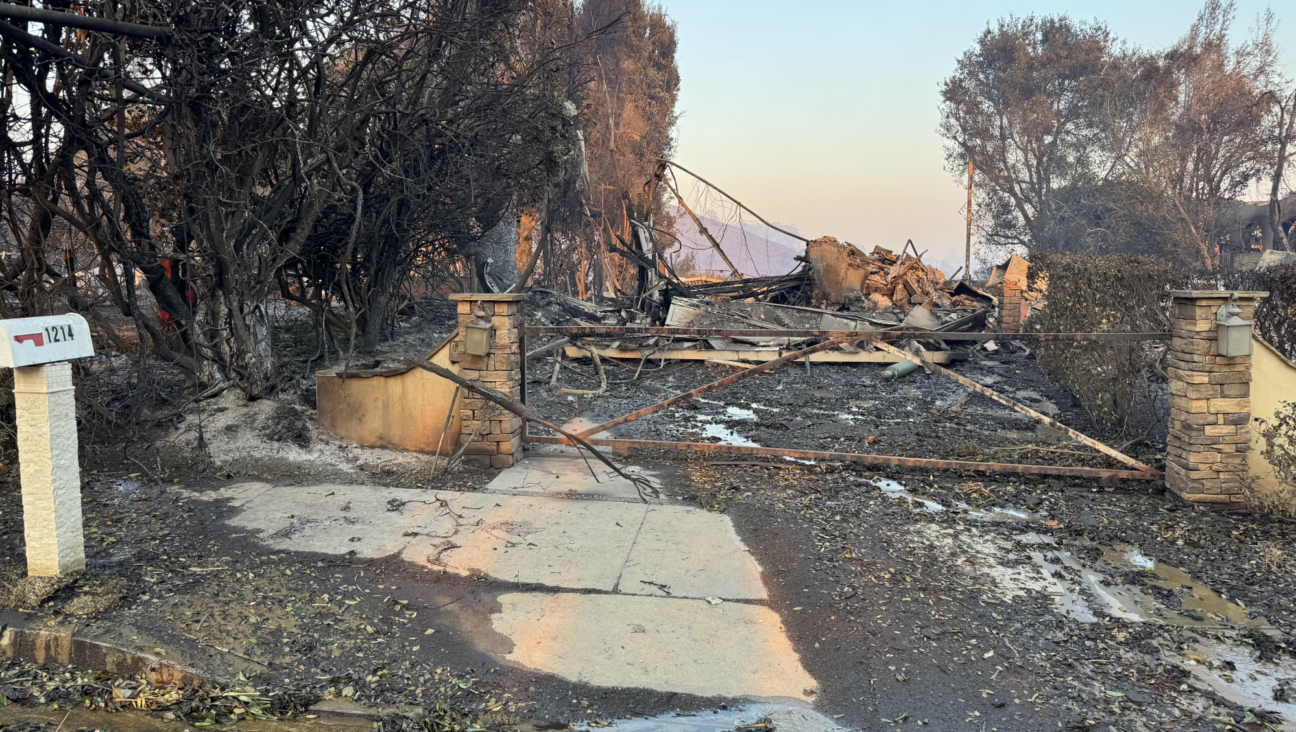Why Jews must keep fighting over shlissel challah

For hundreds of years now, on the Shabbat following Passover, Jews have made shlissel challah. Shlissel in Yiddish means “key.” Some families will make gorgeous bread loafs that look like a key. Others will hide an actual key inside a braided loaf. Others will press a key shape into the top of a challah roll. However a family may observe this custom, the goal is to evoke God to “open” the locked gates of heaven and grant more blessing.
Like any minhag, or Jewish custom, there is much debate about its validity and acceptability. Shlissel challah is exciting for some and for others a violation of authentic Judaism. The week after Pesach social media is flooded with #challahpics and an equal number of posts evoking the more aggressive and negative term, minhag shtus –a baseless custom.
Particulars of the lively debate amongst senior rabbinic leaders, concerned citizens, and academics, while worthwhile, are not what excites me about the shlissel challah debate. What excites me is the debate itself.
As the regional director of West Coast NCSY, a high school youth movement involving 4000 students yearly, and a high school teacher of Jewish philosophy and Talmud, much to my chagrin, I am not met with swarms of passionate Jews pining to learn deeply. Questions of Jewish practice and belief are not flooding my inbox and WhatsApp.
To be clear, serious questions of personal identity, politics, gender, body image, sports, wealth and social status dominate the minds of our children, our students, our friends and colleagues. These items are meaningfully examined by our community because the world instigates them. Social media instigates them. Schools instigate them. Similarly, we, as a Jewish community, need to instigate passionate learning of our heritage.
While there is a significant minority of Jews involved meaningfully in religious life, how often do we ask, discuss, learn “Why do we do this?” We need to be reminded to explore our personal, authentic, Jewish identity. The same way that a miner of precious metals works hard, acquires the right tools, and endures the proper training to find gold in the rock, so too does a student of religion. As Jews, we must excavate our heritage.
Our heritage challenges us to know how to answer someone whose views are antithetical to ours. Shlissel Challah debaters on both sides of the aisle find themselves aggressively researching history and Jewish law. There will be an opposing social media post, op-ed or Shabbat guest, forcing the necessary preparation. Google searches for “Shlissel, Jewish Customs, and History of Key Challah” are no doubt trending this week. When a personal, external pressure is perceived, the learner responds with passion. This gusto for learning is what our community needs for a stronger future.
I believe part of the exciting power of shlissel challah is predicated on its calendar placement. Passover is the holiday of questions. Our tradition tells us that many of the customs of Passover are done, simply, “so the children will ask.” When our heritage states a value of questioning, it doesn’t simply stop at age 13. Passover reminds us to think deeply, to question and to learn. We cannot let our family customs, societal pressures, or even particular Jewish organizational affiliations dictate what questions we ask, or more bluntly, our personal demand for a better understanding of our own authentic self. A first step towards building passionate debate is simply asking, “Why?”
Whether you plan to make a delicious shlissel challah this year or to kvetch about those who do, don’t let the engagement and deep dive end there. A strong Jewish future depends on a thriving communal debate. The next time you find yourself involved (or not involved) in something spiritual, begin to excavate. Ask questions, don’t settle for subpar answers and enjoy your personal quest for truth.
Rabbi Derek Gormin is the Regional Director of West Coast NCSY, Dean of the JSU Leadership Institute, and teacher of Talmud and Jewish philosophy at Shalhevet High School in Los Angeles, CA. Derek and his wife Sarah Leah live in North Hollywood, CA with their 5 ridiculously cute children.
A message from our Publisher & CEO Rachel Fishman Feddersen

I hope you appreciated this article. Before you go, I’d like to ask you to please support the Forward’s award-winning, nonprofit journalism so that we can be prepared for whatever news 2025 brings.
At a time when other newsrooms are closing or cutting back, the Forward has removed its paywall and invested additional resources to report on the ground from Israel and around the U.S. on the impact of the war, rising antisemitism and polarized discourse.
Readers like you make it all possible. Support our work by becoming a Forward Member and connect with our journalism and your community.
— Rachel Fishman Feddersen, Publisher and CEO












